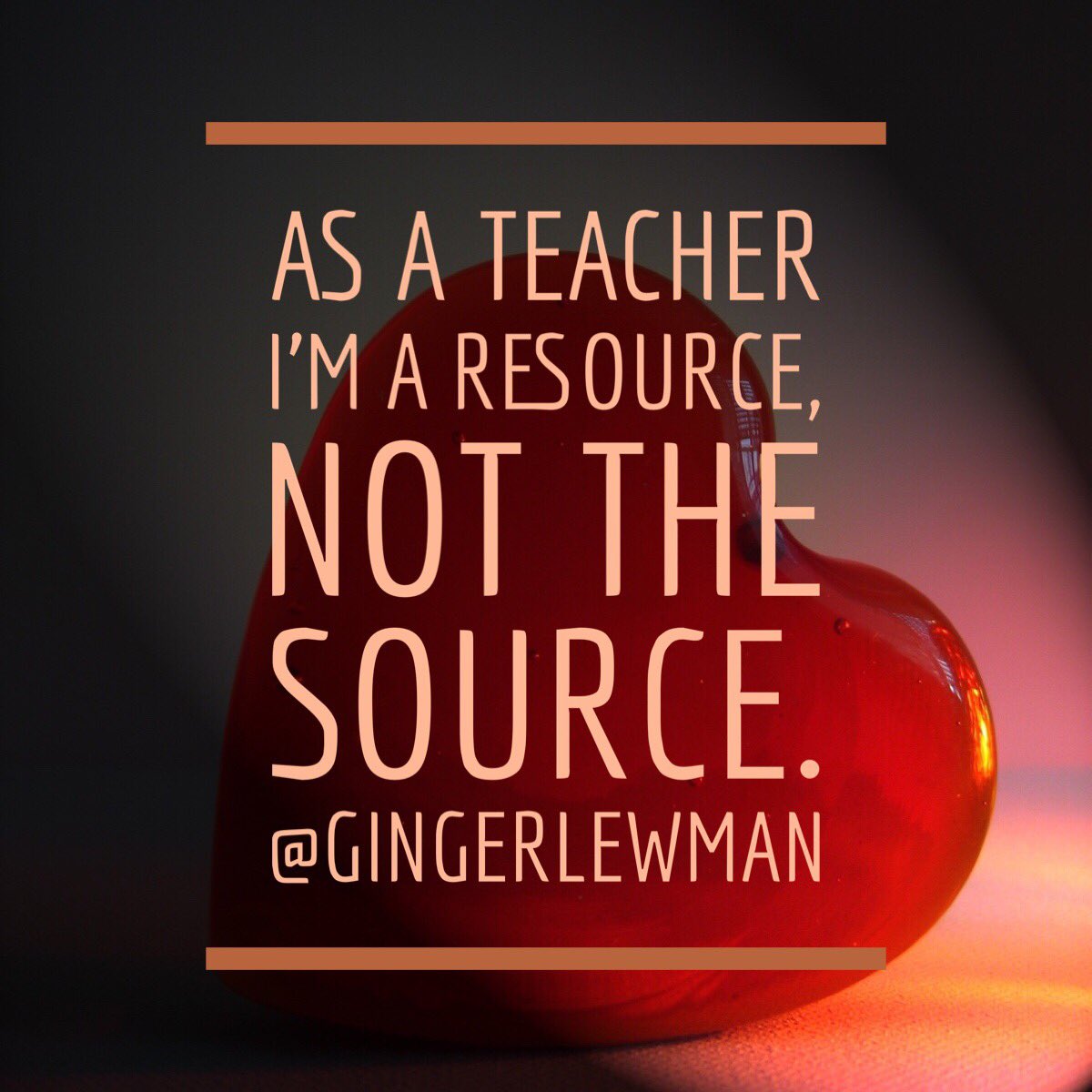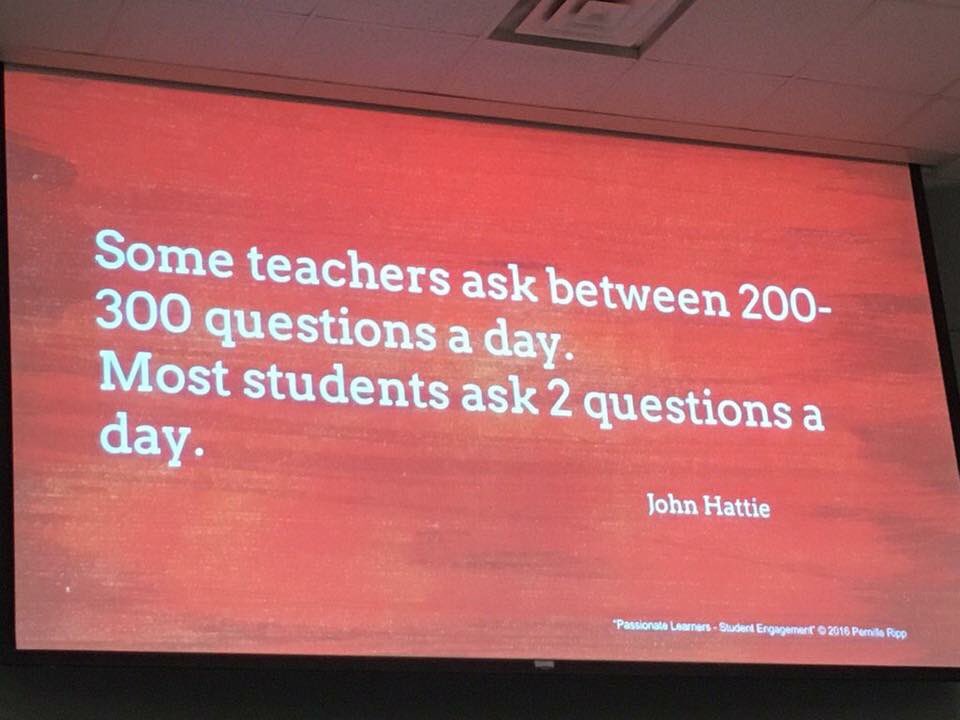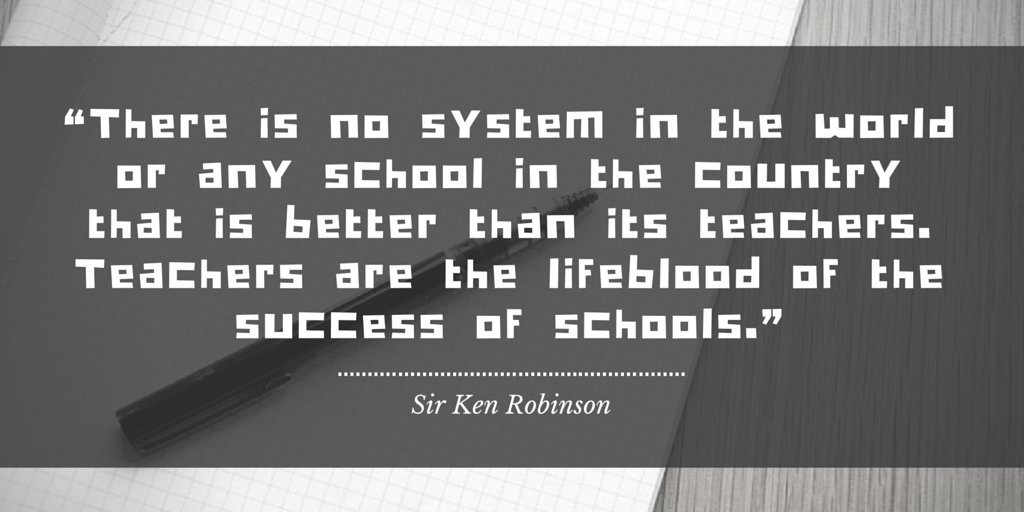Recently I came behavioural centred sudent centred
I don't know about you, but has this been your experience? We go to great lengths to ensure students have second chances to relearn learning outcomes, fix mistakes, and retake tests or exams. All which are the right thing to do for students. We will reteach a concept until the students get it, but how different the story is when it comes to negative behaviour from students. We often assume that when a student misbehaves, they are willful and deliberate in their lack of respect for us. Students are then removed from the learning environment with little hope of being given an opportunity to relearn the expected behaviour ; even though studies show how long it takes for students to unlearn and relearn attitudes. I love the quote by John Maxwell, who said "once our minds are 'tattooed' with negative thinking, our chances for long-term success diminish.
It's so easy to forget about where many of these kids are coming from. Sadly, so many of the students with behavioural challenges come from broken homes, neglected home lives, uncommunicative parents, stressed out and even depressed personal battles. And all we can do is look past their hurts and fears to see the anger, defiance, and bad attitudes. It's so easy to pass judgment on these students when we have no idea what they are going through. I realize not everyone is like this, but it happens enough times to tell me we have a problem that we need to address and fix. I see students sent out of the classrooms to sit in the school hallways too many times to think that these are isolated incidents.
I was speaking to an elementary administrator recently, who recounted arguing with a teacher who wanted a student suspended because they were being defiant and refused to get their homework done and turned in on time. The principal was arguing that the teacher needed to take into consideration what the student was going through. He had recently been removed from his home because his parents were going through some marital issues, and he was living with a non-relative without any idea when he would be able to return home. And somehow his homework was the most important thing that mattered.
We have a dual mission as educators: 1) to teach these students the curricular outcomes, and 2) to guide and inform them in the virtues of life that form their character as the future citizens. That means we cannot be so detached in our role as teacher to only be concerned with teaching the curriculum. Yes, it's important, but how do you teach a child whose life is a mess when the last thing they want to do or can do is think about learning.
We need to think about whether we treat academic mistakes differently frombehavioural failures? I think we do, but what do you think? Maybe the better question is, "Would I want to be a student in my own classroom?"
We need to think about whether we treat academic mistakes differently from


